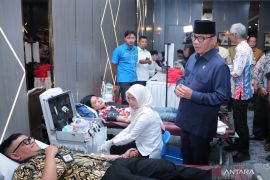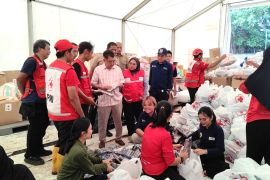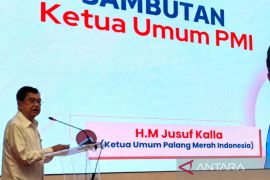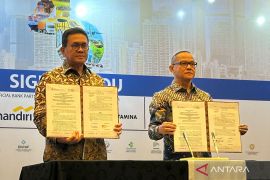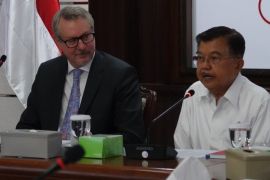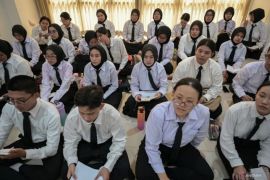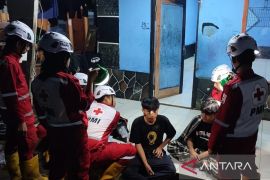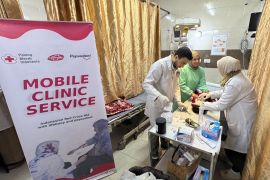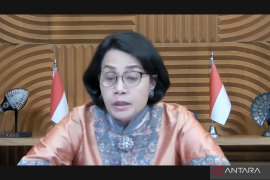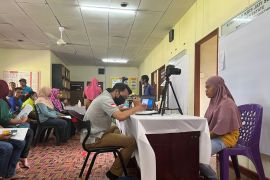He said that he had discussed the placement of Indonesian migrant workers in the construction sector with the German government during his visit to that country in early May.
"They even pushed for a technical agreement to be signed no later than July. To facilitate this, I asked the staff to prepare everything," he said.
"This means that those who will work in Germany have an option, not only to work as nurses but also in the construction sector," he added.
Rhamdani said that although he has not discussed the technical details of the placement, Indonesian workers have the opportunity to earn a high salary in Germany, in keeping with the basic wage in that country.
In the meantime, there is still a gap between the number of applicants and the number of migrant workers accepted to work in Germany, he noted.
Based on BP2MI data, in 2023, at least 84 migrant workers were placed by BP2MI under a government-to-government (G-to-G) cooperation scheme for nurse positions.
Rhamdani further said that one of the challenges to increasing migrant worker placements in Germany is meeting the B2-level language certification requirement.
"Yesterday, we negotiated with GIZ (German Agency for International Cooperation) about the possibility of lowering the level to A1 or A2, while levels B1 and B2 are expected to be carried out while working in Germany," he said.
"That means that by having German language proficiency at the A2 level, Indonesian migrant workers can work in Germany, and then they can work to fill several positions and sectors that are needed by Germany and that are currently being negotiated," he added.
Related news: Improving internship governance to avoid recurrence of ferienjob case
Related news: Indonesia, Germany partner on industrial vocational training
Translator: Prisca Triferna Violleta, Katriana
Editor: Anton Santoso
Copyright © ANTARA 2024

